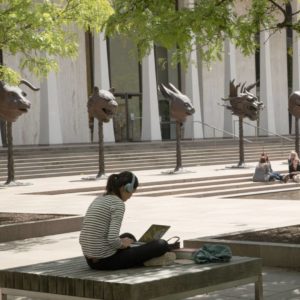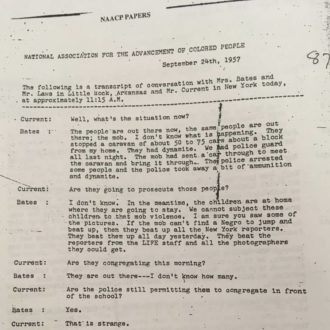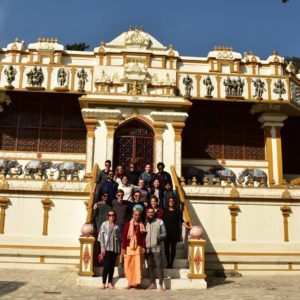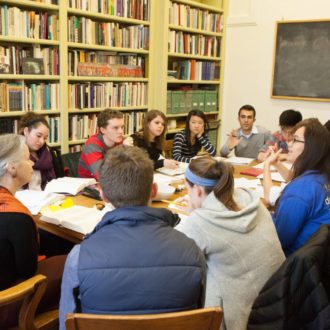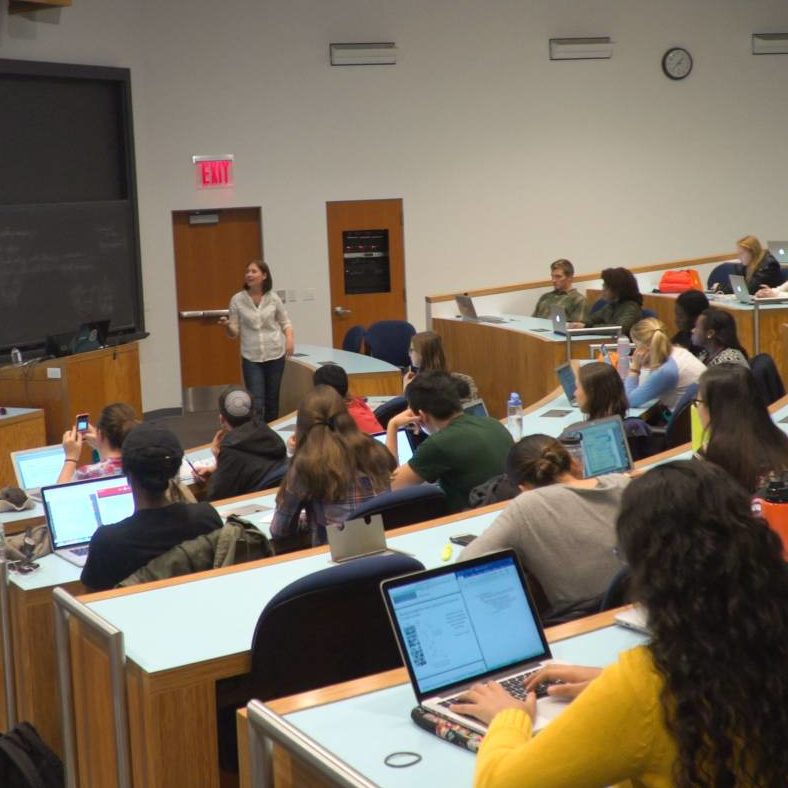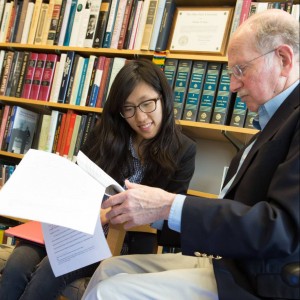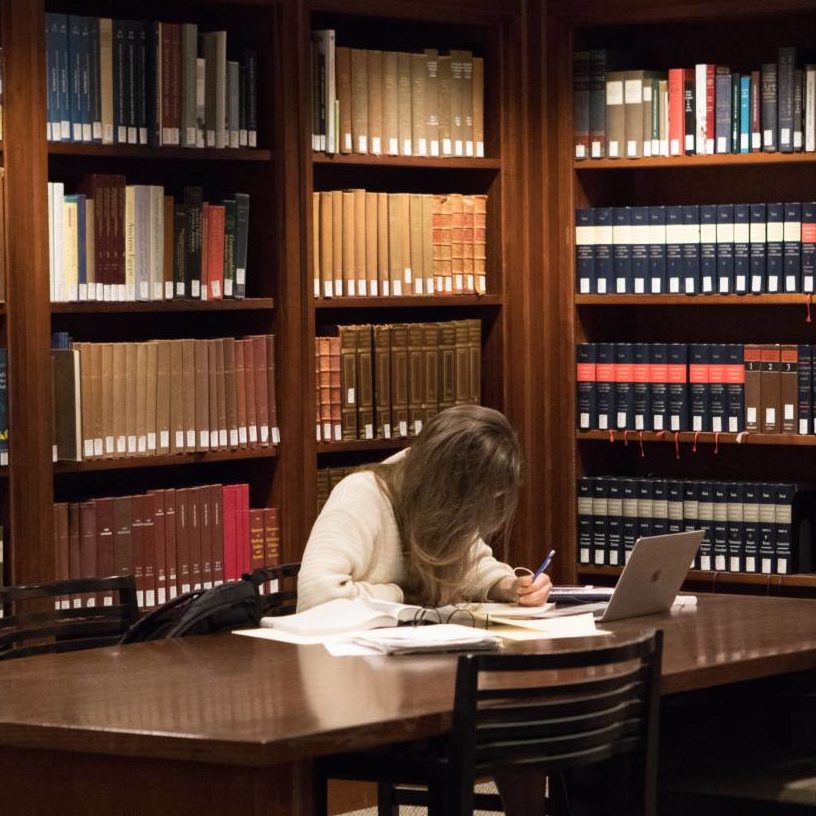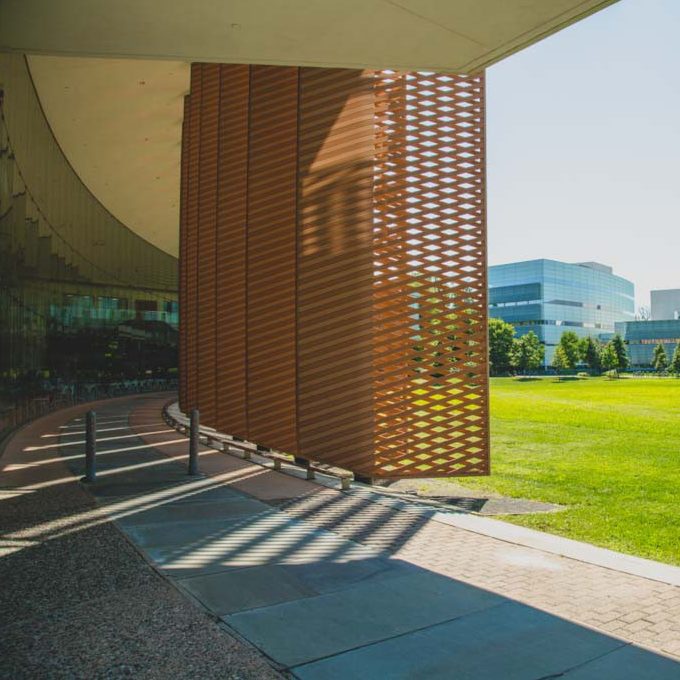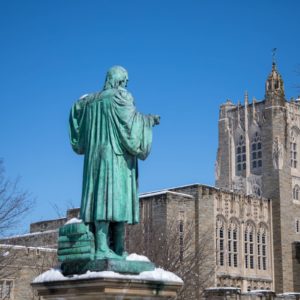
If you are reading this post, you are likely involved in research. Unsurprisingly, I am too. Yes, I’ve spent my fair share of long nights on the A floor of Firestone, reviewing sources and tightening up arguments. This week, I’m embarking on a new history research paper about the evolution of Native American spirituality from the 1830s to the 1890s, which I anticipate will take a fair amount of time. Reflecting on the work I have ahead got me thinking, why am I doing this in the first place? In fact, why do any of us research?
This question can really be broken into two parts: “What do we hope to achieve from our research?” and “What motivates us to conduct our research?” We think about the first question often, because in the academy, we have to justify what we’re doing to our professors, to funding boards, etc. And in lots of research, one’s answer to the first question informs their answer to the second. Certain biologist friends of mine, for instance, study lab rat carcasses in the hopes of better understanding tumors, with the inspiring goal of curing cancer. In cases such as this, the aim of a project is to arrive at something with a concrete application so marvelous that it motivates the researcher to come to the lab each morning.
Continue reading Why Do We Research?


